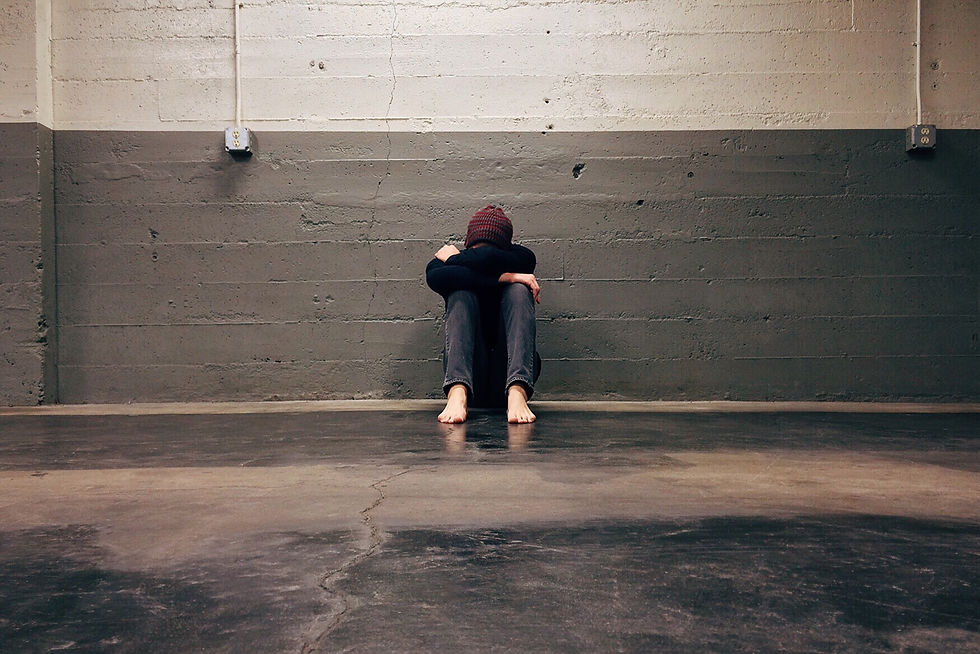
Anxiety is a common human emotion that can be experienced by anyone, at any time. It is a feeling of unease, worry, or fear that can range from mild to severe. Anxiety can be caused by a variety of factors, including stress, trauma, genetics, and environmental factors.
Mild anxiety is a normal response to stressful situations, such as public speaking or taking an important exam. However, when anxiety becomes chronic and interferes with daily activities, it can be diagnosed as an anxiety disorder. Common anxiety disorders include generalized anxiety disorder, panic disorder, social anxiety disorder, and specific phobias.
Symptoms of anxiety can vary depending on the individual and the severity of the anxiety. Physical symptoms may include rapid heartbeat, sweating, trembling, and shortness of breath. Psychological symptoms may include worry, fear, and a sense of impending doom.
Fortunately, there are many effective treatments available for anxiety disorders. The treatment for anxiety can vary depending on the individual and the severity of their anxiety. Here are some common treatment options for anxiety:
1. Therapy: Psychotherapy, also known as talk therapy, is a common treatment option for anxiety. Different types of therapy may be used, including cognitive-behavioral therapy (CBT), exposure therapy, and acceptance and commitment therapy (ACT). Therapy can help individuals identify negative thought patterns and learn coping skills to manage their anxiety.
2. Medication: Anti-anxiety medications, such as benzodiazepines, and antidepressants, such as selective serotonin reuptake inhibitors (SSRIs), can help reduce symptoms of anxiety. These medications should only be taken under the guidance of a healthcare professional.
3. Lifestyle changes: Making lifestyle changes, such as reducing caffeine intake, practicing relaxation techniques (deep breathing, progressive muscle relaxation, visualization), and engaging in regular exercise, can help reduce symptoms of anxiety. Engaging in activities that bring joy, such as hobbies and spending time with loved ones, can also help reduce anxiety. A healthy diet and sufficient sleep can also help manage anxiety symptoms.
4. Support groups: Support groups can provide a sense of community and offer emotional support for individuals with anxiety. These groups can be in-person or online.
5. Alternative therapies: Some individuals may find alternative therapies, such as acupuncture or yoga, helpful for reducing symptoms of anxiety. However, it is important to talk to a healthcare professional before starting any alternative therapy.
It is important to note that what works for one individual may not work for another. It may take time and trial and error to find the right treatment plan for an individual's specific needs. It is important to seek professional help if anxiety is interfering with daily life. Left untreated, anxiety can lead to depression, substance abuse, and other mental health problems. With the right treatment, however, individuals can learn to manage their anxiety and improve their quality of life.
Overall, anxiety is a common and treatable mental health condition. With the right treatment and self-care techniques, individuals can learn to manage their anxiety and live healthy, fulfilling lives.

Yorumlar